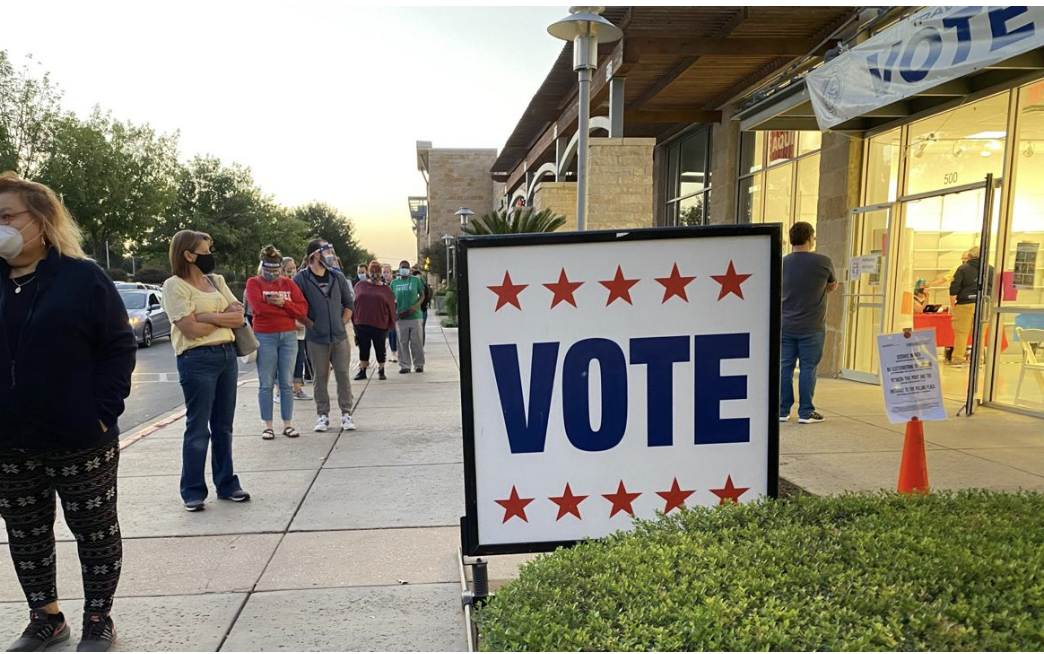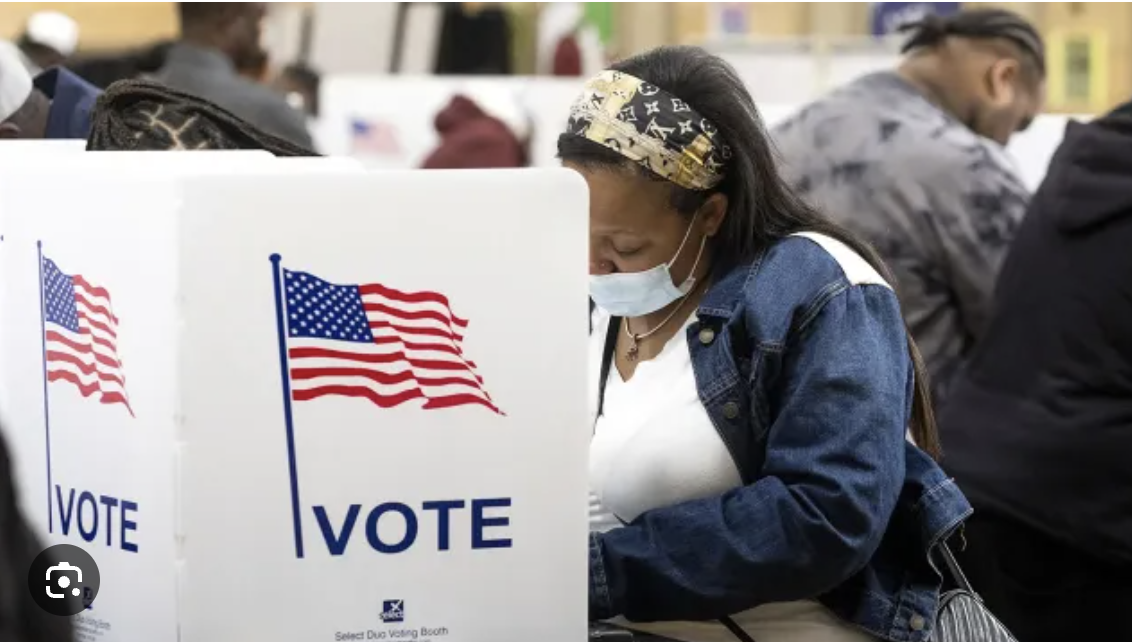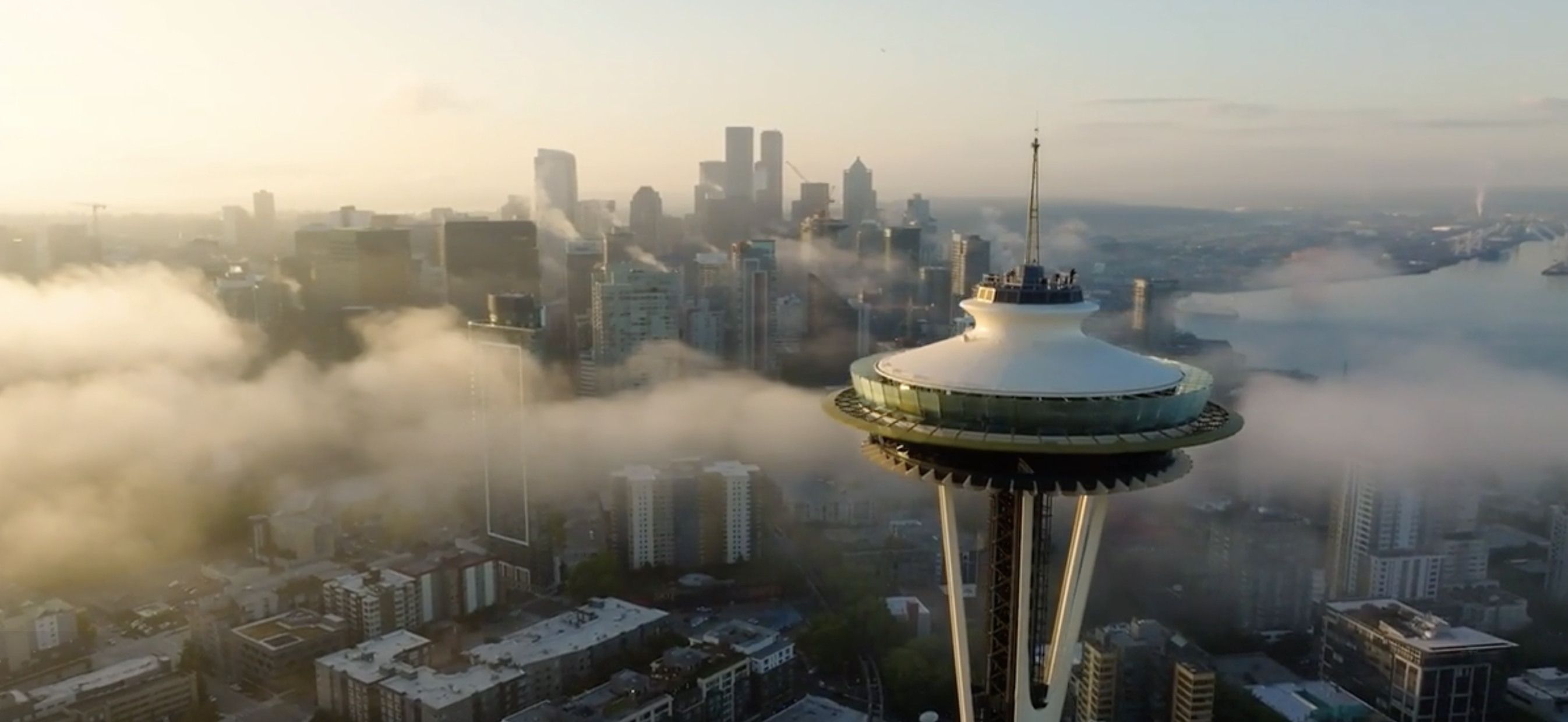
by Susan Mackenzie, Editor in Chief and the Seattle Post Editorial Board (Verified Human)
Democracy is a system of government designed to allow every citizen to express their opinion. We live in a democratic society, which means – at least in theory – that we value every single citizen’s voice. As both parties would tell you, the strongest political statement that you can make is the one you make on your ballot at the voting booth. All the political rhetoric and national issues are not as important as the vote you choose to cast in the privacy of your own voting booth.
All this information about voting and democracy might be unremarkable to most of our readers. In this country, voting in a local, statewide, or federal election is a common occurrence. Even those who are disabled, such as people who are blind or have neurological differences, are encouraged to cast their vote. We are told repeatedly that everyone’s vote counts. In fact, in the last 200 years of the American experiment, there have been numerous successful efforts to broaden the spectrum of people who can vote.
Women known as suffragettes sacrificed enormously, fighting a very public battle to allow women the ability to vote and to be taken seriously as political decision-makers. Women in the early 1900s suffered public humiliation, physical abuse, and emotional distress as they pushed forward the enfranchisement of female voters.
People of color, and their numerous allies, also had to struggle for the right to vote. For many years, Asian Americans were excluded from the voting rolls, Mexican Americans were excluded, and most famously, people of African descent were entirely excluded from having a voice in our democracy. The civil rights era was marked by public voting protests that tore down walls of discrimination in the Jim Crow South, but less well-known are the many layers of discrimination that Black people and other communities of color faced when they attempted to exercise their right to vote. Those barriers have not entirely disappeared, and with the Supreme Court striking down some parts of the Voting Rights Act in the last decade, the ability of minority populations to participate fully in the American voting system is again under threat.
In more recent decades, there has been action to lower the voting age from 21 to 18, adding millions of young people to the voting rolls in the United States. In this country, we take voting seriously, and we fight for that right to be given to all people.
In the world of politics, our system is known as “the American experiment.” That’s because this idea of allowing – and even encouraging – every single adult to have a voice in our political process is a fairly novel and innovative way for a country to operate, especially when you consider it in the context of the many monarchies, empires, and fascist dictatorships that have preceded and have operated alongside this wonderful American experiment.
We call it an experiment because it doesn’t have to be this way, and more than likely, systems of government have not operated in this way for the majority of people in human history. In fact, for the majority of people alive today, some degree of voting autonomy is not given to them. In many nations – like our democratic neighbor to the south, Mexico – it’s not unusual for politicians or voters to be killed in the process of seeking political office. In many countries, there has only been one choice for everyone for many decades. Think of the hundreds of millions of people in China who have been operating under one-party rule for many decades. Or the military dictatorships who took over Argentina and Nigeria for many years. The idea of your vote actually shifting any part of the big ship of state was for decades a fantasy in many countries.
Furthermore, it’s not unusual in many so-called democratic countries to have voting disrupted or corrupted. In our country, outside observers and impartial analysts have found that we only have a one percent chance of any act of voting going awry. We have a very reliable and safe system for voting. This is not true in Russia or other countries where people are threatened for their votes or entire voting districts are ignored or have their votes destroyed.
We are fortunate to have a system that is secure, not threatened by violence, and consistently proven to reflect the will of the people by majority. We’ve been conducting this American experiment for over 200 years, and I hope that with the upcoming elections, people understand that those who wish to destroy this system have nothing to offer in its place. The United States is a country to be proud of, and in this country, your highest and best act of protest and political action is at the voting box.


![[ADVERTISEMENT] BUY REAL ESTATE in SEATTLE](https://seattlepost.org/wp-content/uploads/2024/06/Screenshot-2024-06-12-at-12.07.22-PM.png)

